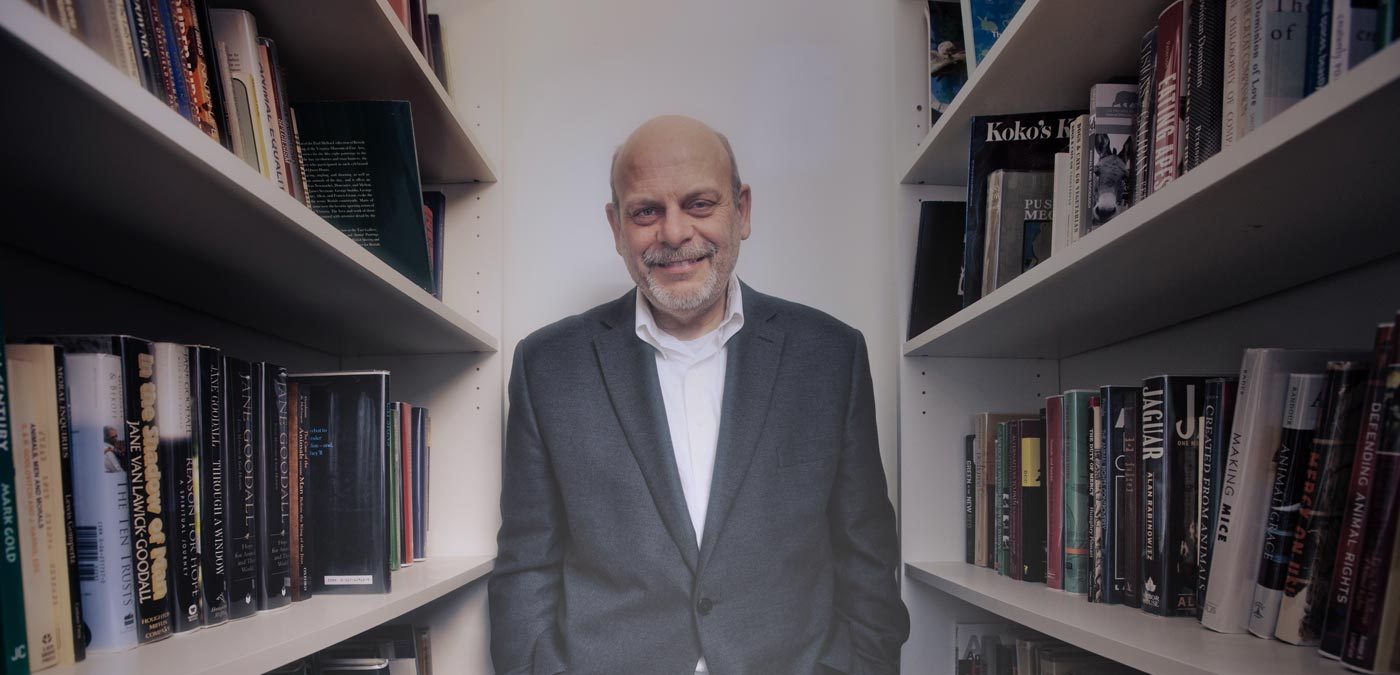Common Decency and Animal Welfare
 Musician and astrophysicist Brian May recently launched a new campaign from his charity the Save Me Trust. It’s called Common Decency with a mission to reform Britain’s democracy.
Musician and astrophysicist Brian May recently launched a new campaign from his charity the Save Me Trust. It’s called Common Decency with a mission to reform Britain’s democracy.
We want nothing less than a complete reform of the Parliamentary system. It’s about not just removing the unfairness and injustice that the present Government represents, but removing the corrupt system that spawned it and all recent Governments. And it’s about radically changing the composition of Parliament – moving it forward, consigning the failed two-party system to history.
Brian and Save Me’s CEO, Anne Brummer, kindly invited me to write the following article for publication on in the Experts section of the Common Decency website.
Common Decency and Animal Welfare
The common decency is to treat others as you would want them to treat you.
Perhaps this is easier said than done.
Certainly, it’s easier with those with whom we love. Our family and friends are special to us precisely because of our intense relationship with them. A bond that is grounded in love and respect, intimacy and loyalty. We know they will be there for us when we need them to be. As we would be there for them should they need us.
But what about those who are outside of our immediate circle? Other people whom we may know but not well or, if we do, we don’t like. Do we treat them as you would want them to treat you?
Maybe.
Then, there are strangers. People we’ve never met. We know nothing about them. Other than from what we see from looking at them. And then we may not always be correct in our assumptions. People often aren’t what they appear to be. Or how we think they should behave.
I’d like to think that if I saw someone — anyone — who needed help I would do my best to assist them. But I don’t always give change to the homeless people who I walk past. I don’t always think to wait for others when I board a train. I’m distracted. My mind is elsewhere. I’m tired. It’s been a long day. And I want to get home. I think of myself. Nonetheless, despite my failings in living up to the standard I hold in others, I would like to believe that if I ever needed help someone would come to my assistance.
Surely one of the definitions of a civilised society is that people generally help each other. We respect each other even if we don’t know or like them. We may not be perfect but we’re making progress. Within just a few generations, our feelings have changed toward others who we thought were not like us. But there’s still much to do. Clearly, prejudices persist. We don’t always treat others as we would expect them to treat us. Our society has yet to rid itself of racism and all the other prejudices that may appear to make us different. But on further study our differences reveal how we are all remarkably the same. ‘If you prick us, do we not bleed? if you tickle us, do we not laugh? if you poison us, do we not die?’ asked Shylock in Shakespeare’s ‘The Merchant of Venice.’
A kneeling African in chains in a logo designed by Josiah Wedgwood in the 1780s asked, ‘Am I Not a Man and a Brother?’ Whereas Black Lives Matter declares a contemporary US-based international movement with the same name. Is this not part of a continuum of struggle for recognition and rights, and compassion and respectful treatment, which speaks not only for those subjugated but also for everyone?
Those campaigning throughout the world for animals and their welfare, protection and rights push the boundaries of common decency further and beyond our own species. They demand nonhuman animals receive the same respectful treatment that we hold (or should hold) for the members of our own species. Animal advocates don’t demand that animals should have the right to vote. But animals are like us. They bleed when they are cut.
It’s time for the golden rule of respectful treatment to be extended to include all species. This is why Common Decency is committed to animal welfare. We see our treatment of animals not only as an important political issue — animals deserve far tougher laws than they have — but also as a reflection of ourselves and our own society.











